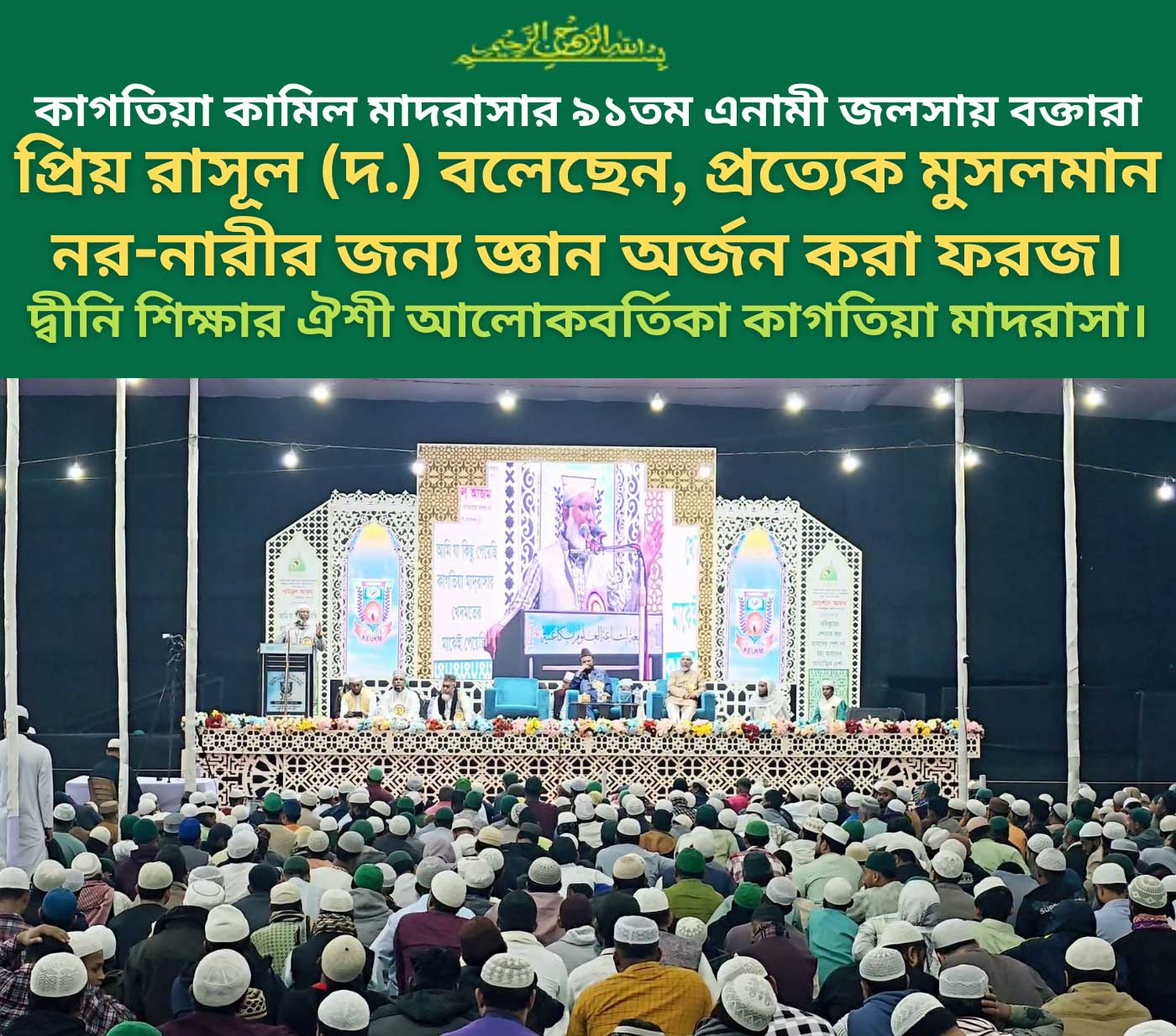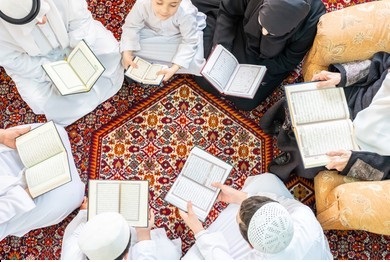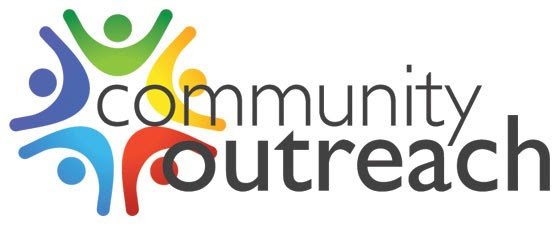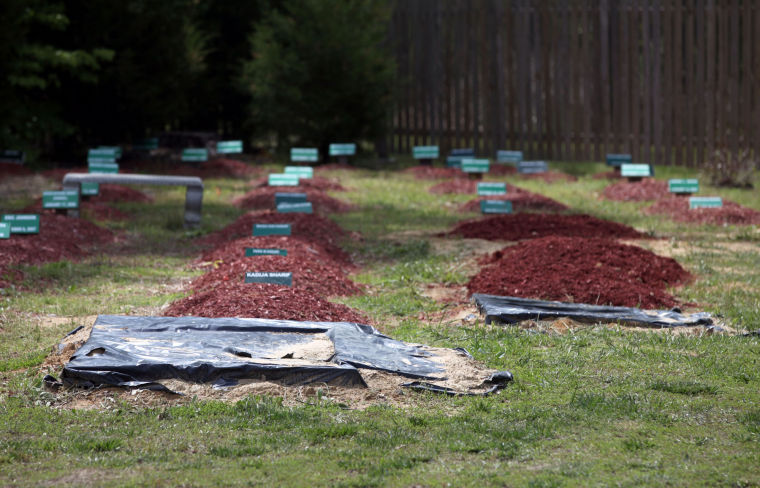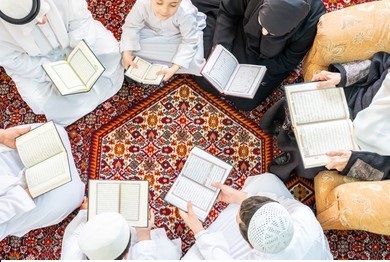
Securing the Future: Enhancing Safety in Buffalo's Religious Schools Amid Rising Hate Crimes
In the context of increasing concerns for public safety, especially related to hate crimes which have spiked due to international conflicts, advocates in New York State, including the Buffalo area, have emphasized the need for bolstered security measures at non-public and religious schools. This initiative has garnered attention and support from various community stakeholders, reflecting a collective effort to ensure a safe educational environment for all students, irrespective of their religious affiliations.
The advocacy for enhanced security funding highlights a proactive response to the unsettling rise in hate crimes that have impacted communities nationwide, including Jewish and Muslim populations. In Buffalo, where diverse religious communities are integral to the city's fabric, the potential increase in funding aims to provide essential security enhancements, such as surveillance equipment, secure entry points, and safety training for staff and students.
This initiative is not just about physical security measures but also represents a broader commitment to fostering an environment where students can pursue their education without fear of discrimination or violence. For the Muslim community in Buffalo, this development is particularly significant. It acknowledges the vulnerabilities they face and affirms their right to a safe learning space, which is fundamental for nurturing their educational journey and overall well-being.
By doubling the state's investment in non-public school safety, New York is setting a precedent for how communities can unite to combat intolerance and ensure that schools remain sanctuaries for learning and growth. For Buffalo's Islamic schools and institutions, the increased funding could translate into more robust community confidence, encouraging higher enrollment and engagement within the community, and reinforcing the message that diversity and safety are pivotal to the city's ethos.
This move also opens a dialogue about the importance of inclusivity and proactive protection for all religious communities, emphasizing that the safety and dignity of every student are paramount. It underscores a collective responsibility to uphold values of tolerance, respect, and mutual support, which are more crucial than ever in today's complex societal landscape.

